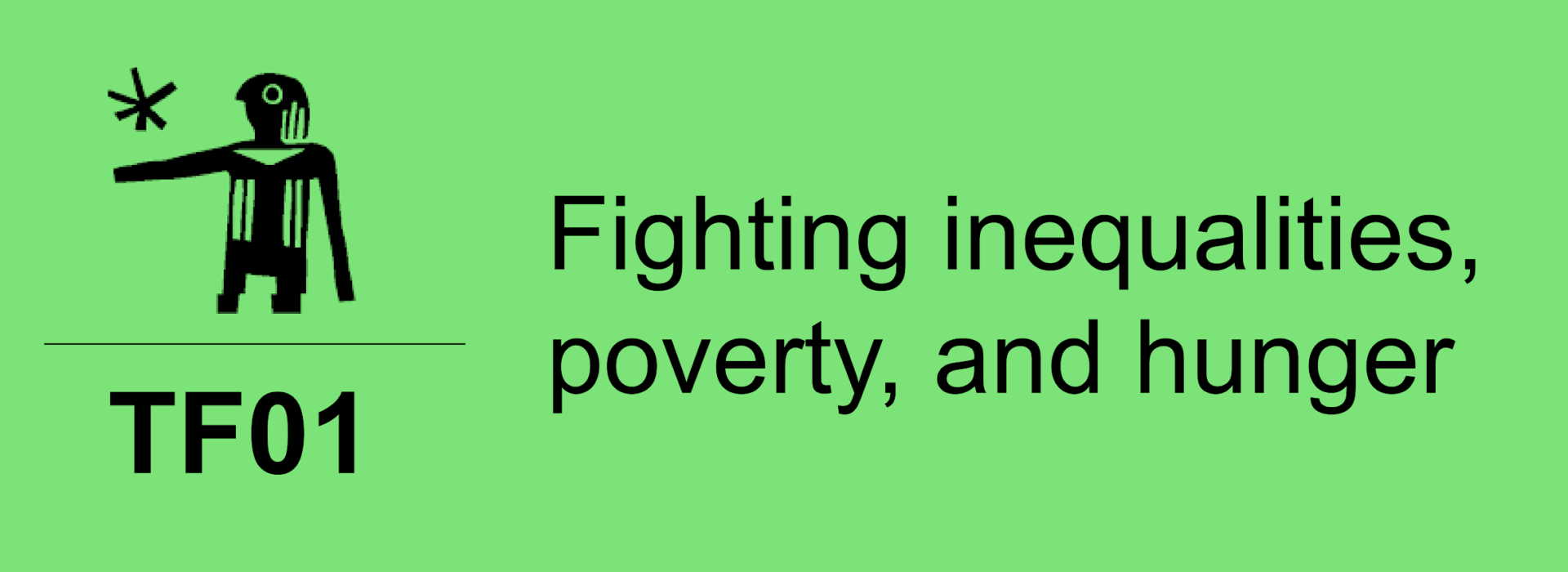The midterm review of Sustainable Development Goal 2 (SDG2) towards achieving Zero Hunger reveals significant off-track progress and even regression, especially in fragile and Least Developed Countries (LDCs). Urgent, evidence-based interventions are needed to accelerate progress towards Zero Hunger targets at scale. A growing body of evidence shows that social protection initiatives have significant potential to contribute to this agenda, but they are often hindered by weak multisectoral linkages and insufficient long-term investments, particularly in LDCs and fragile contexts. This paper explores the potential pivotal role of social protection systems to enhance access to food, nutrition, and essential needs to combat intersecting inequalities, poverty, and hunger, aligning with the T20’s Task Force 1. By leveraging insights from the global south, where social protection has demonstrated substantial contributions to human capital and local economic development, we argue that the UN Secretary General’s call for a “new era of social protection” should prioritize food and nutrition security to address poverty and structural vulnerability comprehensively, through a revised framework of social protection for food and nutrition security. Our paper advocates for “seeds of change” (SoC) that can, with leadership from the (G20, enhance government cooperation, global development agendas, and evidence-based decision-making toward effective social protection for food and nutrition security at scale with a focus on fragile contexts and LDCs. SoC articulates the demand from countries in fragility and LDCs for investments in social protection that integrate co-created innovative solutions supporting national systems’ strengthening with sustainable fiscal strategies. It offers space for G20 countries to share their lessons and contribute to accelerating the Global South’s progress toward the achievement of SDG2 while ensuring that No One and No Country is Left Behind.’
Register for Updates
Would you like to receive updates on the Global Solutions Initiative, upcoming events, G7 and G20-related developments and the future of multilateralism? Then subscribe here!
1 You hereby agree that the personal data provided may be used for the purpose of updates on the Global Solutions Initiative by the Global Solutions Initiative Foundation gemeinnützige GmbH. Your consent is revocable at any time (by e-mail to contact@global-solutions-initiative.org or to the contact data given in the imprint). The update is sent in accordance with the privacy policy and to advertise the Global Solutions Initiative’s own products and services.









